Andrew Grant

All Stories by Andrew Grant
-
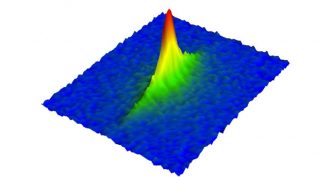 Physics
PhysicsNews Brief: Brrrrr — that’s really cold!
These atoms approached — and got oh so very close — to absolute zero.
-
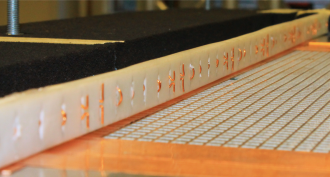 Physics
PhysicsNew mirror picky in what it reflects
A new type of mirror is selective in the light it reflects. It allows some wavelengths of radiation to pass through, while others bounce off.
-
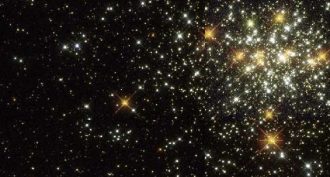 Physics
PhysicsHow to pick up messages after they’re gone
By watching for light’s ‘echoes,’ physicists think they can retrieve information being relayed by or as light. It could make it possible for astronomers to view distant objects without having to see the light they cast off.
-
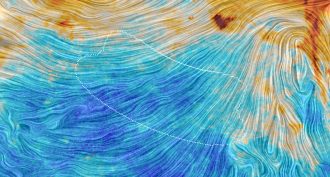 Space
SpaceDust erases evidence of primordial gravity waves
In March 2014, scientists claimed to have found the first echoes of the Big Bang — ripples in the very fabric of space. A new analysis shows the experts were mistaken. Dust appears to explain the confusion.
-
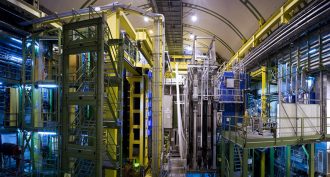 Physics
PhysicsNew particle may help probe strongest force in the universe
A newfound subatomic particle should allow scientists to better understand the strong force that holds together the nucleus of every atom.
-
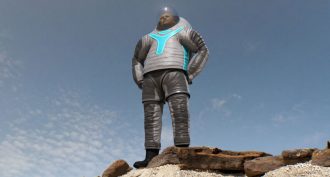 Space
SpaceWhat to wear on Mars
NASA released details of the new, more flexible apparel being designed for long-distance travelers — such as those bound for another planet.
-
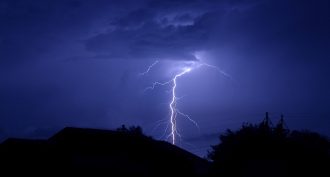 Earth
EarthEarthquake-triggered lightning?
An experiment with beads offers support for the claim that a rare type of lightning may accompany some quakes.
-
 Physics
PhysicsTemperature ‘lock’ for new hard drives?
A novel material can alter how easy it is to change data stored on it, based on temperature. One immediate application: more secure hard drives for computing.
-
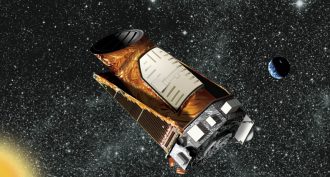 Planets
PlanetsSo many ‘Earths’
A new analysis suggests humans are not alone in the universe. Our galaxy alone may host billions of Earth-like planets, ones able to support life as we know it.
-
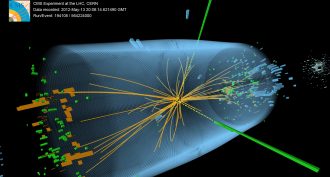 Physics
PhysicsHiggs brings physicists a Nobel
Anticipating the so-called “god particle” — and its critical role in explaining mass — captured the 2013 Nobel Prize in physics.
-
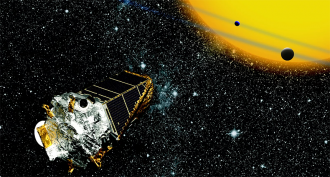
-
 Physics
PhysicsLiquid undergoes magnetic ‘splits’
The demonstration helps scientists begin how molecules in plants and animals naturally alter their shapes.